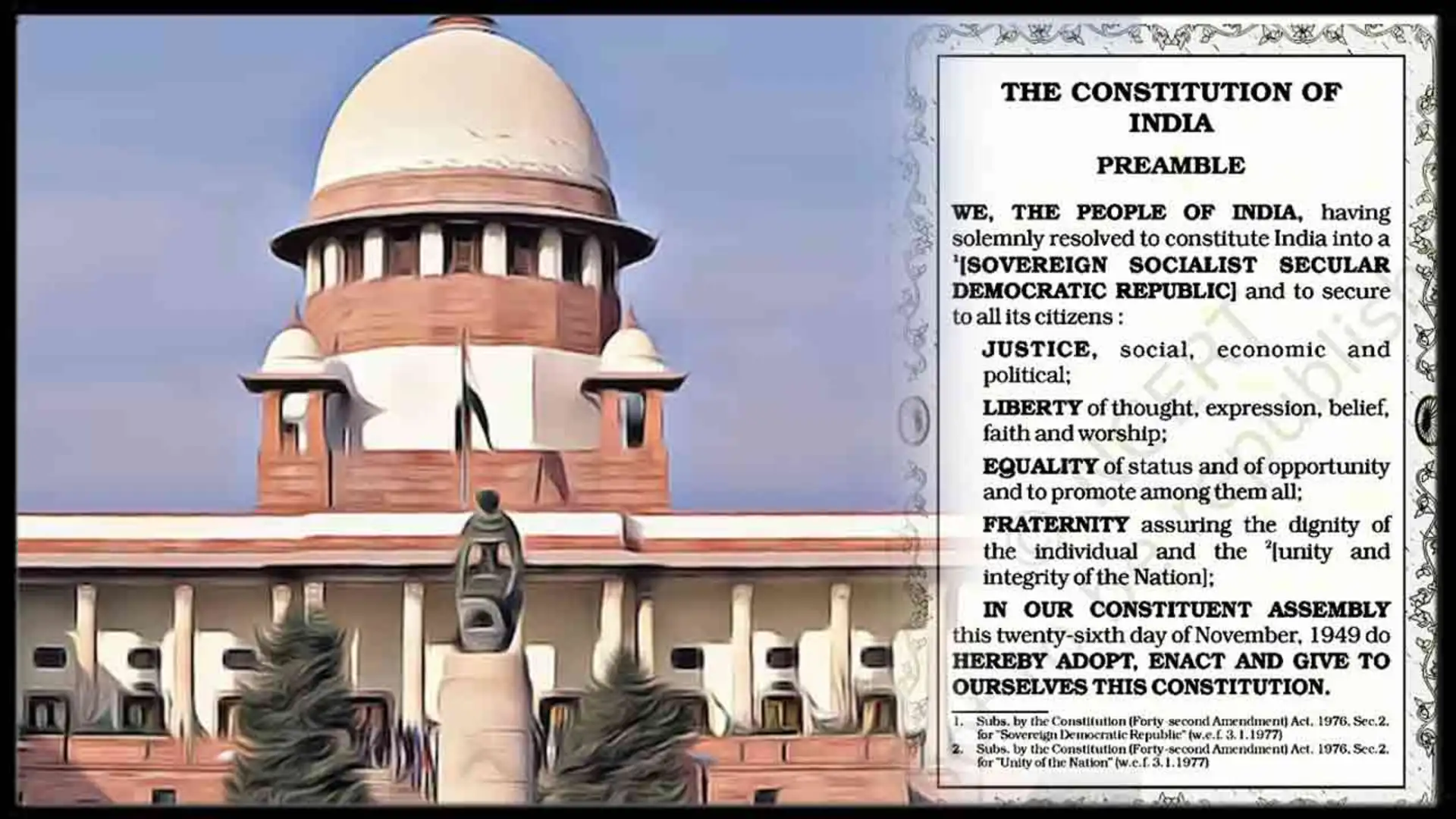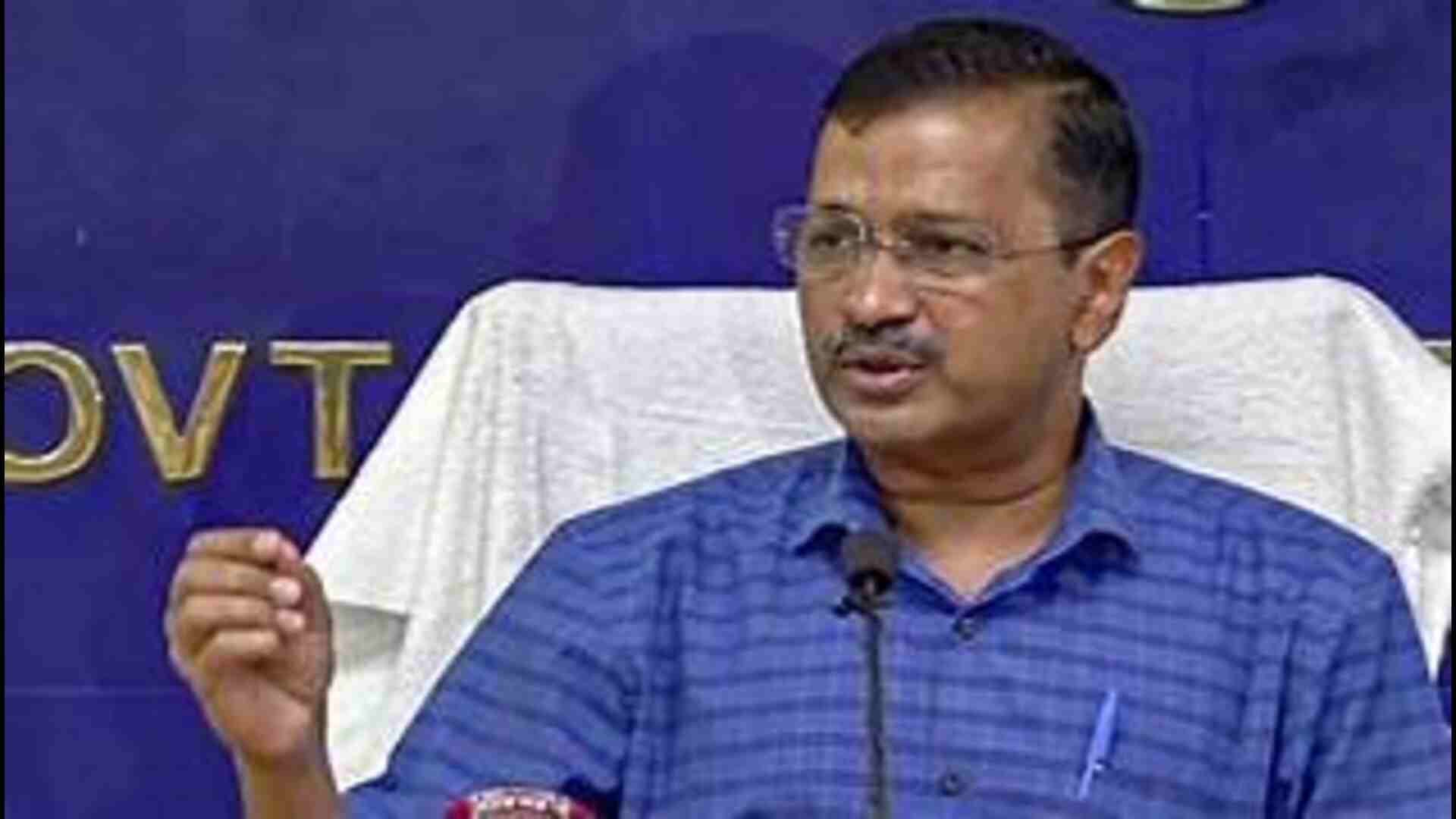On Friday, the Supreme Court announced its intention to deliver a verdict on November 25 regarding petitions seeking the removal of the terms “secular” and “socialist” from the Preamble of the Indian Constitution. The bench, comprising Chief Justice of India Sanjiv Khanna and Justice Sanjay Kumar, emphasized that in the Indian context, “socialist” pertains to the concept of a welfare state. They reiterated that secularism is a fundamental aspect of the Constitution’s basic structure and noted that the 42nd Amendment, which introduced these terms, has been previously scrutinized by the Court.
The petitions under consideration were filed by BJP leader Subramanian Swamy and attorneys Balram Singh, Karunesh Kumar Shukla, and Ashwini Upadhyay. In earlier proceedings, the bench observed that secularism has consistently been regarded as an integral component of the Constitution’s basic structure. They also remarked that the terms “secular” and “socialist” in the Preamble should not necessarily be interpreted through a Western perspective. The bench stated, “Socialism can also mean that there should be equality of opportunity and the wealth of a country should be distributed equally. Let’s not take the Western meaning. It can have some different meaning as well. Same with the word secularism.”
Subramanian Swamy contended that the inclusion of these two words in 1976 cannot retroactively apply to the original Preamble, which was established in 1949. He argued that their insertion via the 42nd Constitution Amendment Act during the Emergency period violated the basic structure doctrine established in the 1973 Kesavananda Bharati judgment, which limits Parliament’s authority to amend the Constitution in ways that alter its fundamental features.
Also read: Jio Gains 1.7M Subscribers in September Leaving Behind Airtel, Vodafone
Swamy further asserted that the Constitution’s framers deliberately chose not to include these terms, suggesting that their later addition imposed specific political ideologies on citizens, thereby infringing upon their right to choose. He maintained that such amendments exceeded Parliament’s powers under Article 368. Additionally, it was noted that Dr. B.R. Ambedkar had opposed the incorporation of these words, believing that the Constitution should not mandate particular political ideologies upon the populace.







